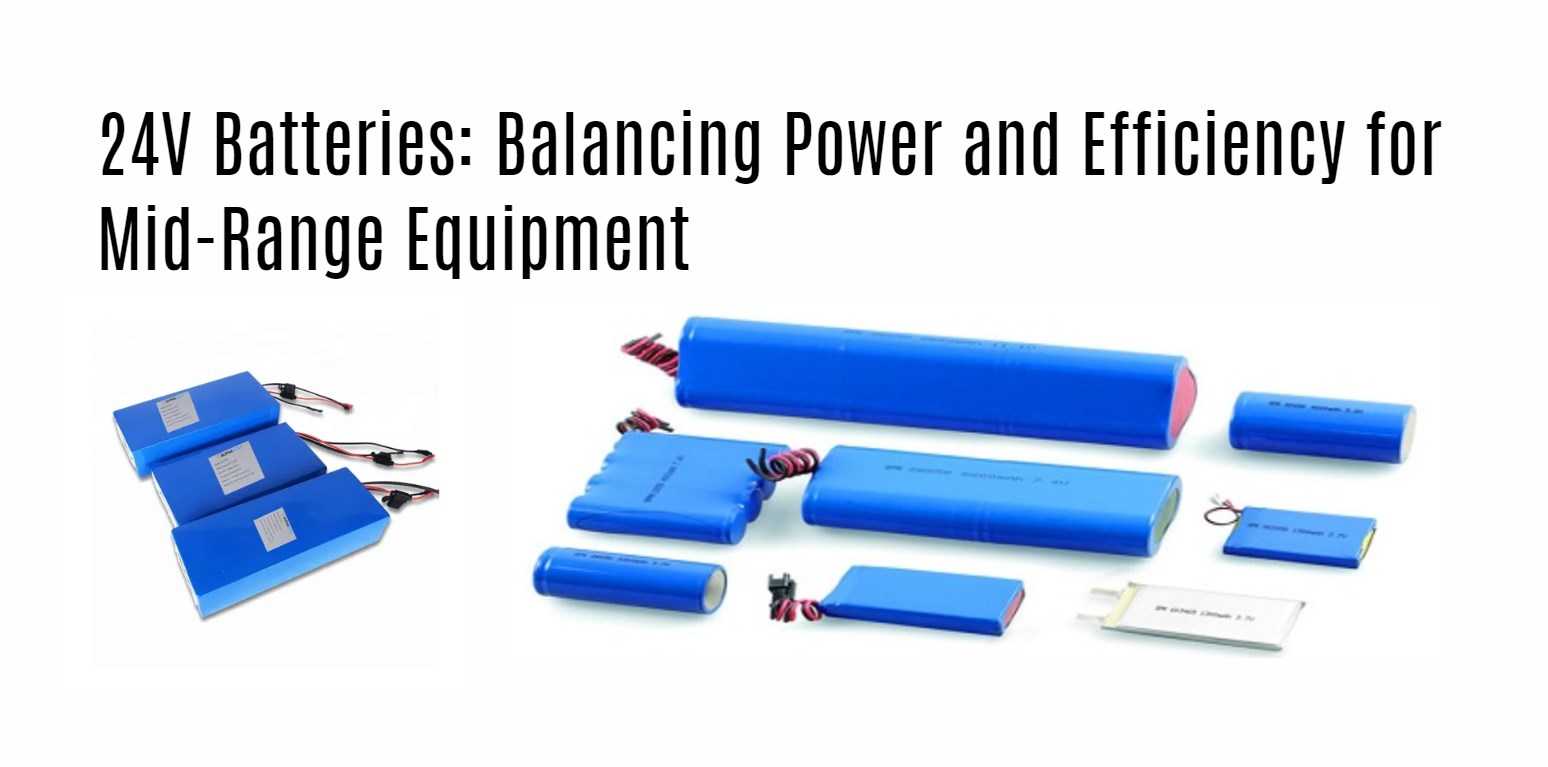In the realm of medical technology, the reliability and performance of equipment are paramount. Central to this performance is the choice of battery, a critical component that ensures continuous operation. Medical devices often rely on lithium-ion batteries, available in various voltages such as 12V, 24V, and 48V, to meet their diverse power requirements. This article delves into the optimal battery voltages for different medical equipment, examining the specific needs and advantages associated with each voltage level.
12V Batteries: Compact and Efficient Power for Small Devices
Applications and Benefits
12V lithium-ion batteries are commonly used in smaller medical devices due to their compact size and efficiency. These devices include:
- Portable Oxygen Concentrators: Essential for patients requiring supplemental oxygen, these concentrators benefit from the lightweight and portable nature of 12V batteries.
- Glucose Monitors: Critical for diabetic patients, glucose monitors need reliable and consistent power, which 12V batteries provide.
- Infusion Pumps: Used to deliver fluids and medications, infusion pumps rely on 12V batteries for their portability and ease of use.
Advantages
- Portability: The lightweight design of 12V batteries makes them ideal for mobile applications.
- Reliability: They offer dependable power, ensuring that critical devices operate without interruption.
- Ease of Transport: Their small size facilitates easy transport and handling, crucial for both healthcare providers and patients.
24V Batteries: Balancing Power and Efficiency for Mid-Range Equipment
Applications and Benefits
24V lithium-ion batteries are suited for mid-range medical equipment, offering a balance between power and size. Typical applications include:
- Patient Monitoring Systems: These systems track vital signs and require stable power, which 24V batteries can provide.
- Imaging Equipment: Devices such as ultrasound machines need reliable power for accurate diagnostics, making 24V batteries a suitable choice.
- Surgical Tools: Essential in operating rooms, these tools demand consistent power, which 24V batteries deliver.
Advantages
- Higher Power Output: Compared to 12V batteries, 24V batteries offer greater power, supporting more demanding devices.
- Enhanced Efficiency: They provide a balance between size and power, optimizing the performance of mid-range equipment.
- Safety Features: Many 24V batteries are designed with advanced safety mechanisms to prevent overheating and ensure safe operation.
48V Batteries: Powering High-Demand Medical Equipment
Applications and Benefits
For larger and more demanding medical equipment, 48V lithium-ion batteries are often the best choice. These batteries are typically used in:
- Advanced Imaging Equipment: MRI machines and CT scanners require substantial power, which 48V batteries can supply.
- Life Support Systems: Devices such as ventilators and dialysis machines depend on the high power output of 48V batteries for continuous operation.
- Hospital Backup Systems: In case of power outages, 48V batteries can provide the necessary backup to maintain critical hospital functions.
Advantages
- High Power Capacity: 48V batteries are capable of delivering the high power needed for large medical equipment.
- Longer Run Times: They offer extended operational periods, crucial for devices that need to run continuously.
- Advanced Monitoring: These batteries often include sophisticated monitoring systems to ensure optimal performance and safety.
Choosing the Right Battery Voltage
The selection of the appropriate battery voltage for medical equipment hinges on several factors:
- Power Requirements: Assessing the power needs of the equipment is fundamental in determining the suitable battery voltage.
- Size and Weight Constraints: Smaller devices benefit from the compact nature of 12V batteries, while larger equipment may necessitate the use of 24V or 48V batteries.
- Cost Considerations: Budgetary constraints also play a role, with different voltage batteries varying in cost.
Conclusion
Selecting the optimal battery voltage for medical equipment is critical for ensuring reliable and efficient operation. From 12V batteries for small, portable devices to 48V batteries for high-demand equipment, understanding the specific needs and advantages of each voltage level is essential. By choosing the right battery, healthcare providers can enhance the performance and reliability of their medical devices, ultimately improving patient care.





